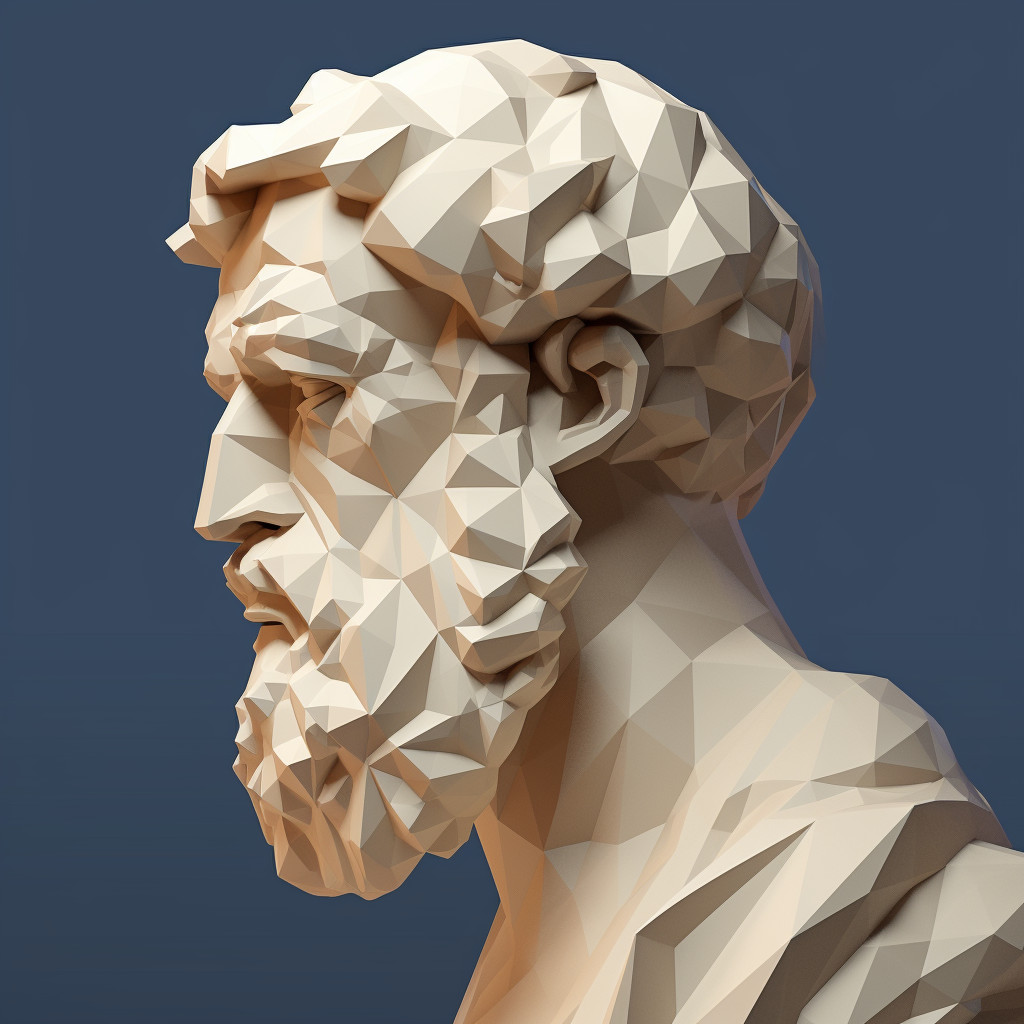This quote suggests that trying to force equality in inherently unequal situations is the worst form of inequality. It acknowledges the natural diversity and difference in abilities, talents, and circumstances among individuals and groups. The quote is not advocating for inequality, but rather it is pointing out the potential harm in imposing a one-size-fits-all approach in situations where individual differences should be respected and valued.
In essence, it’s a critique of a simplistic understanding of equality, where everything is made identical. Instead, it advocates for a more nuanced, ‘equitable’ approach, where differences are acknowledged and catered for, in order to give everyone an equal opportunity to succeed.
Applied in today’s world, this idea can be seen in debates about education. For instance, standardised testing is a system that treats all students as equal, without considering their individual learning styles, strengths, or interests. While this system might seem ‘equal’ on the surface, it can disadvantage students who don’t fit the ‘standard’ mold. A more equitable approach might involve a more personalized style of education, which acknowledges and caters for these individual differences.
In terms of personal development, this quote could be interpreted as a call to recognise and value our own unique strengths and weaknesses, rather than comparing ourselves to others. It suggests that personal growth and success shouldn’t be measured by someone else’s standards or achievements, but by our own individual potential and progress.
In other words, we should not strive to be ‘equal’ to others in all respects, but rather strive to be the best version of ourselves, acknowledging our individual strengths and working on our unique weaknesses. This approach allows us to create our own unique path to success, rather than trying to fit into a one-size-fits-all mold.











